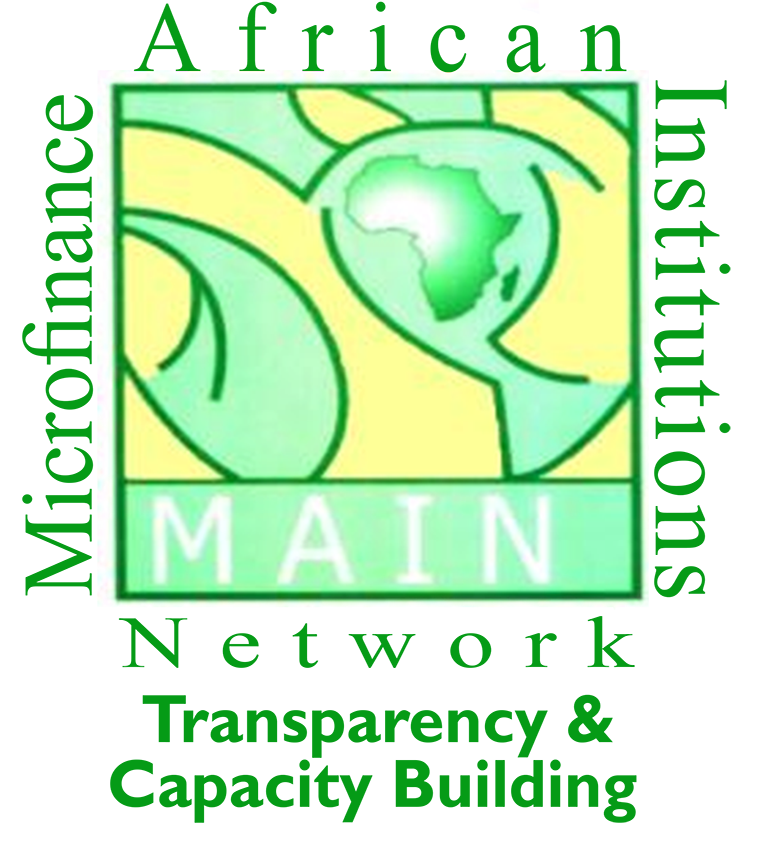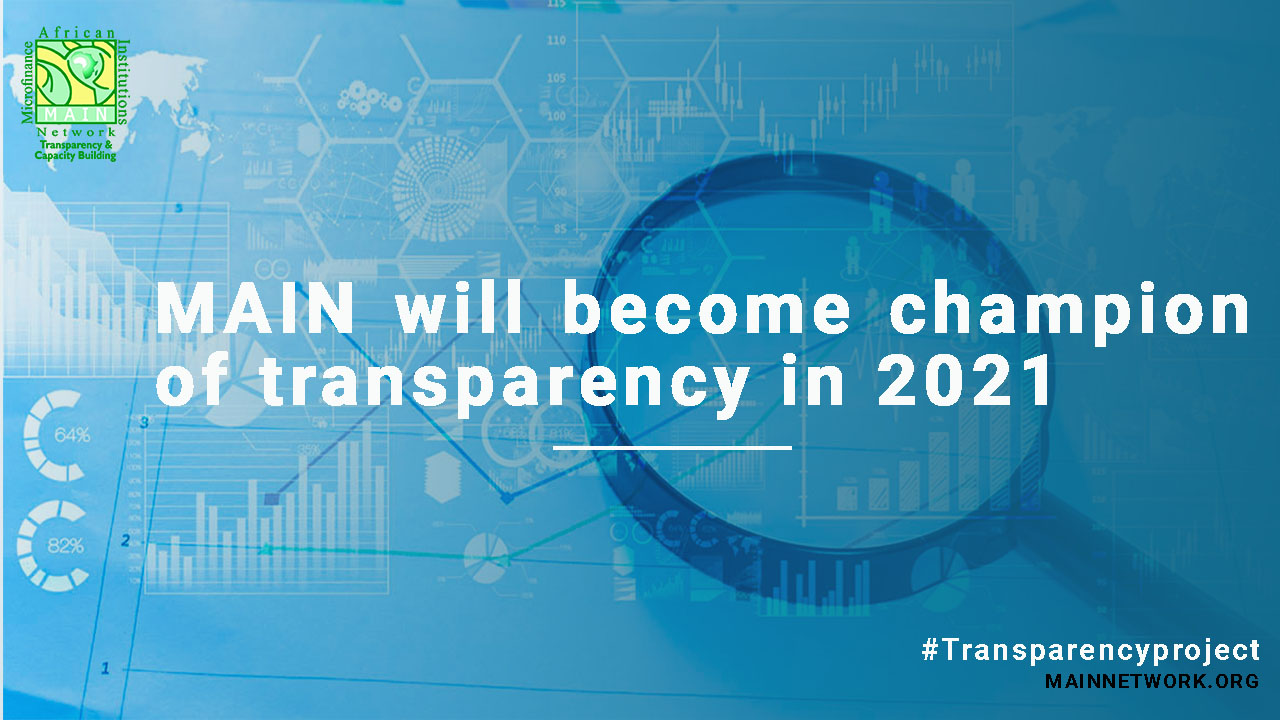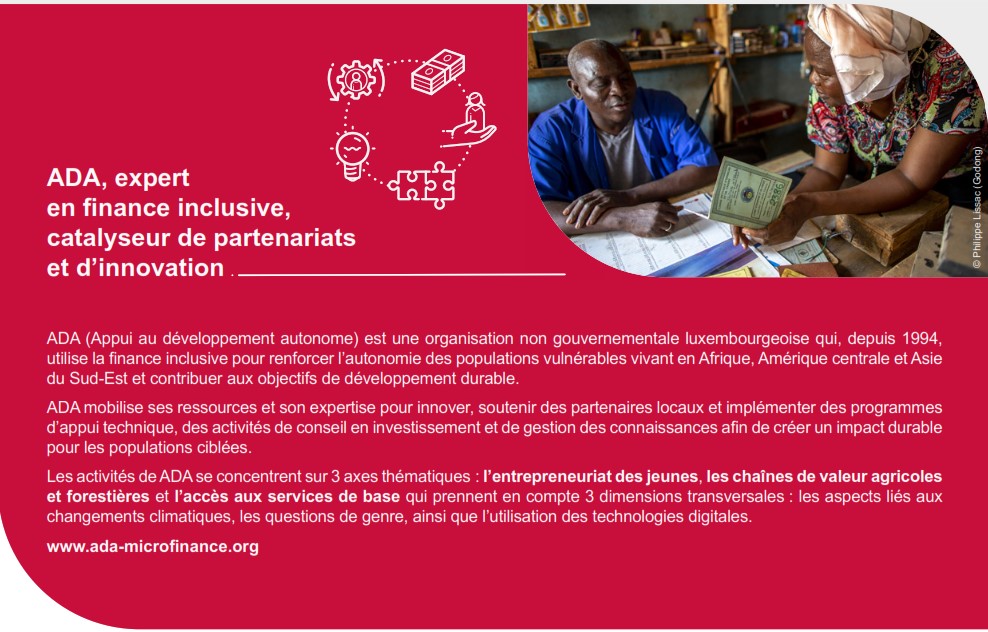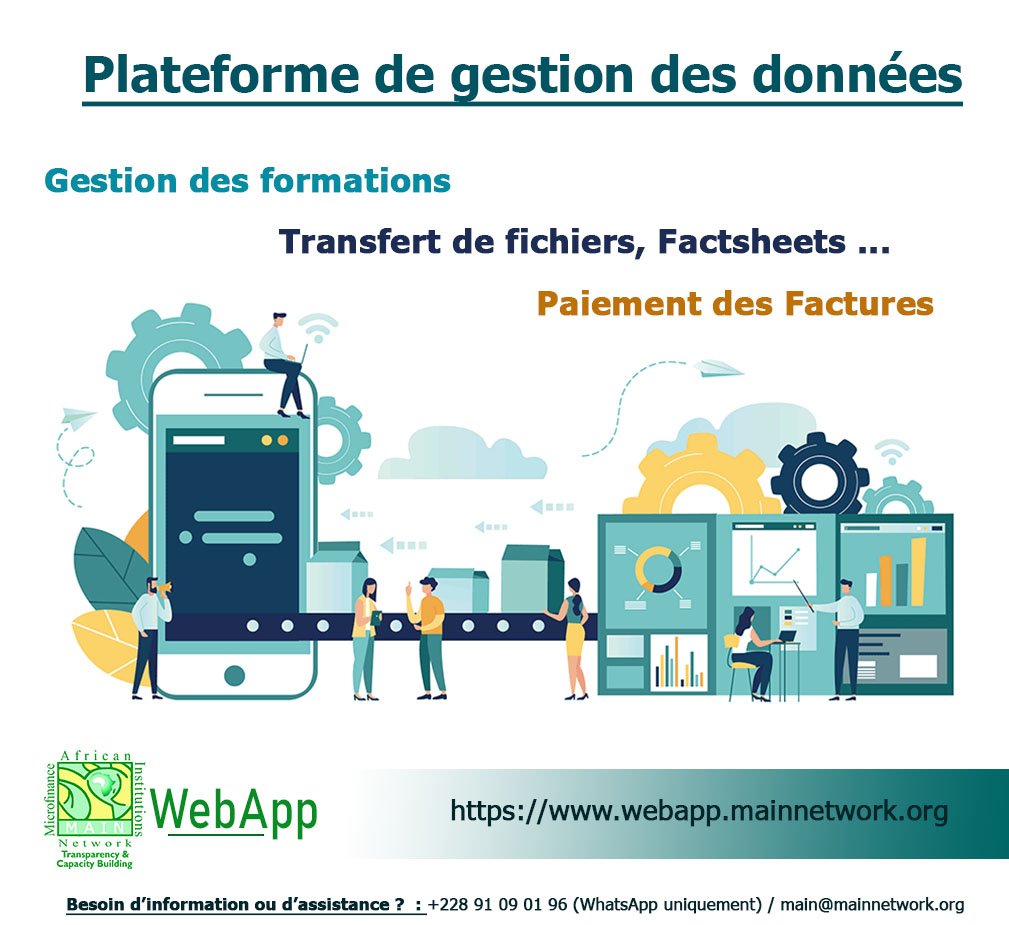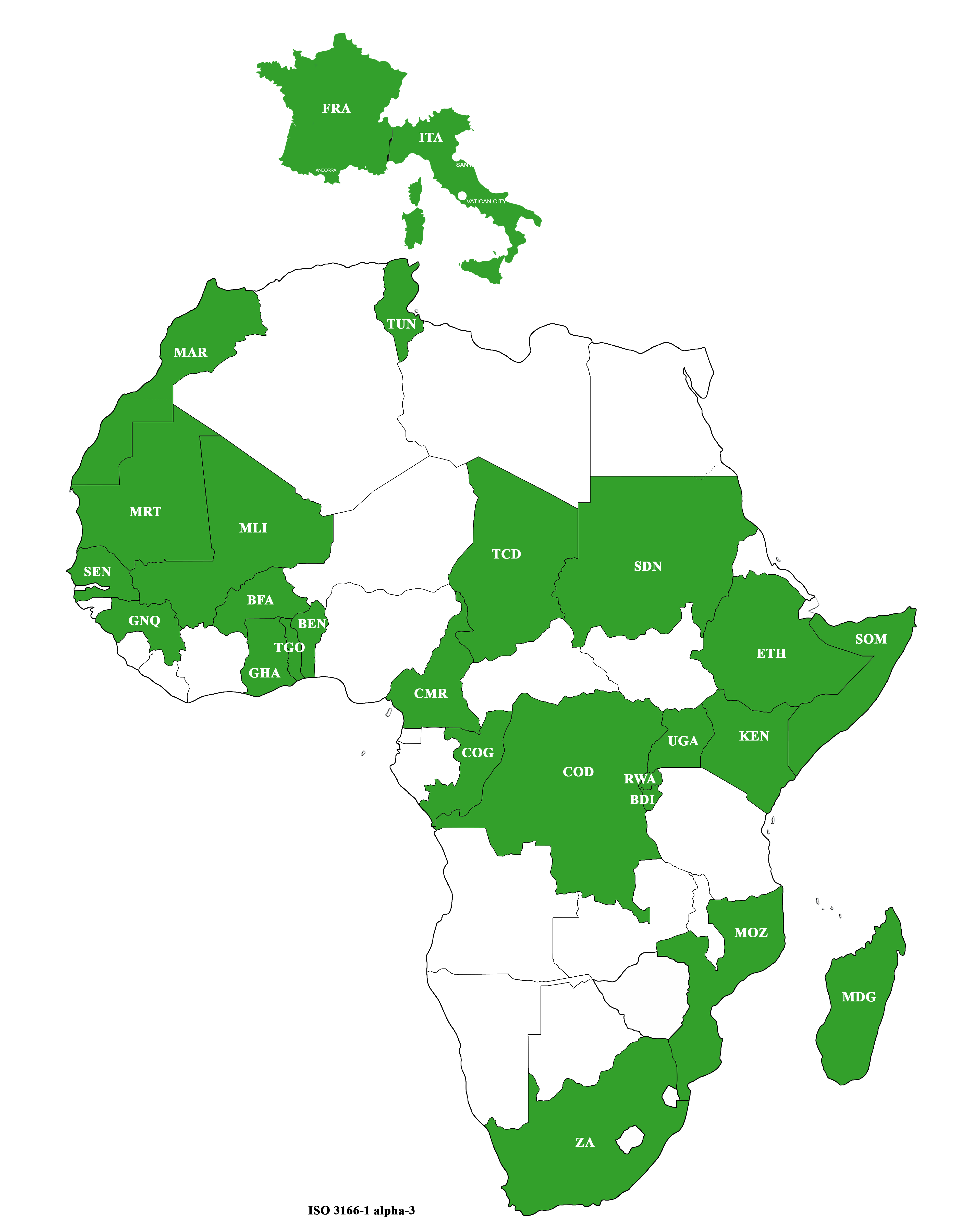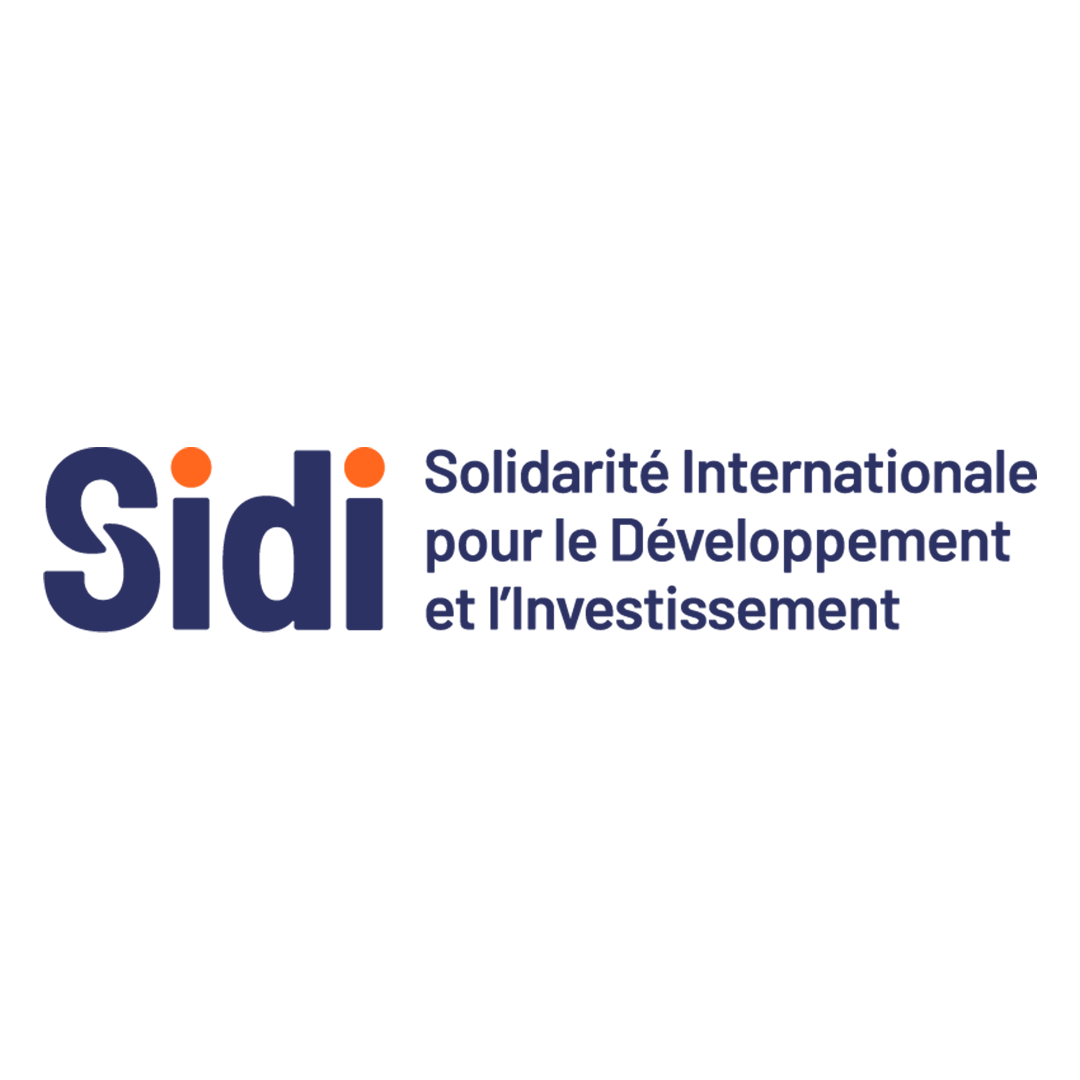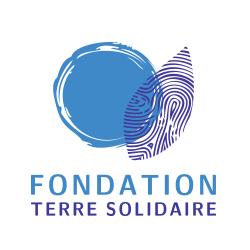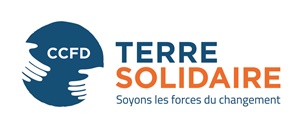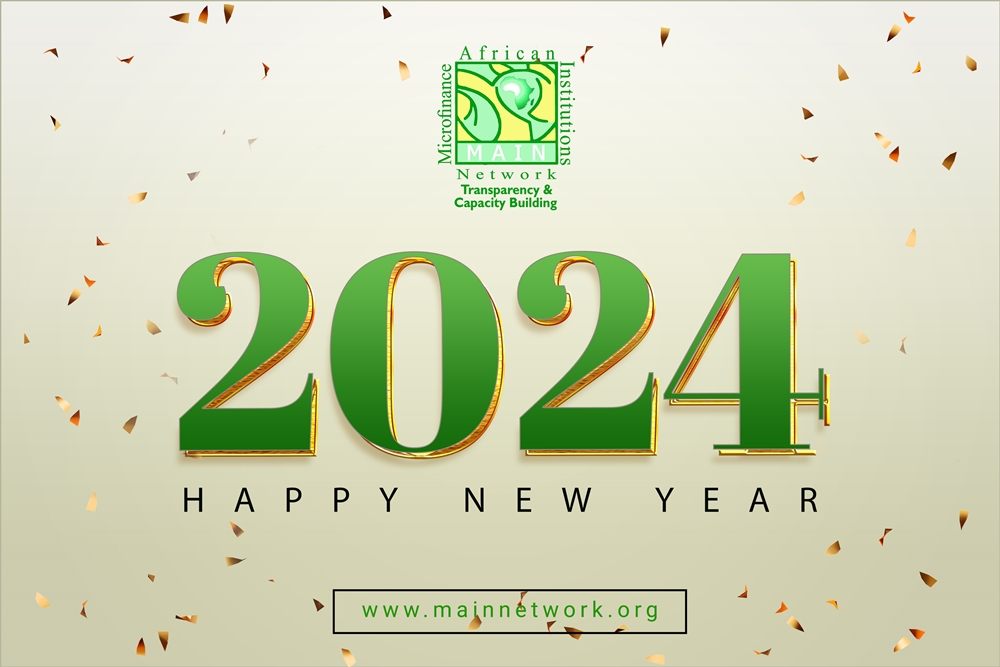
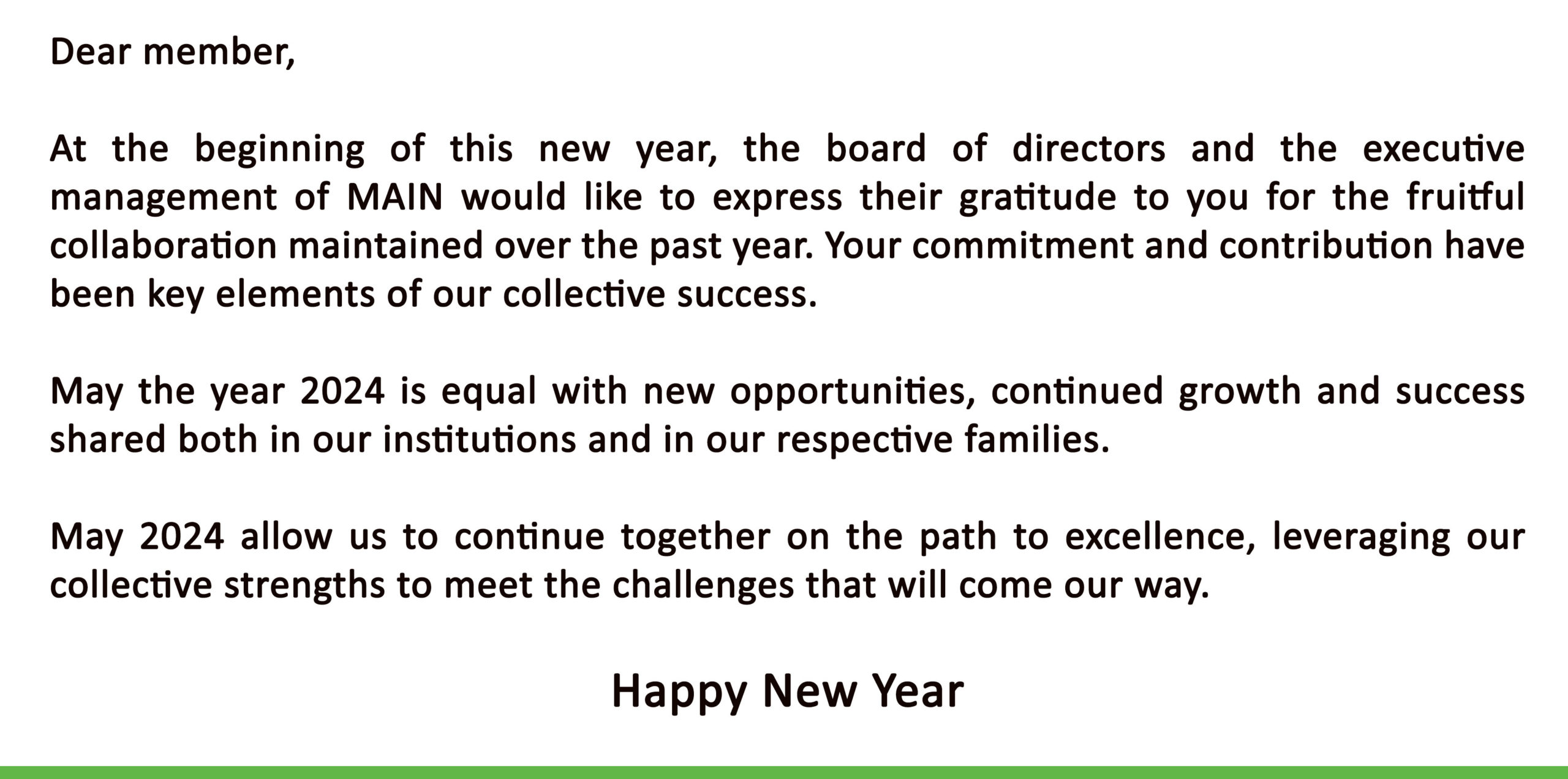
MAIN publication on “Green Products” (Only in French)
MAIN is pleased to announce the publication of the very first Green Products manual dedicated to MFIs in Africa entitled “Approaches and methodologies for the design and marketing of ecological financial products and services by microfinance institutions”
This manual lays the way for positive change in climate and inclusive finance in Africa. It gives microfinance institutions concrete guidelines to develop green products that actively integrate strengthening the sustainability and resilience of vulnerable communities. This will help address issues such as energy deficit and declining soil yields in the critical situation caused by climate change and loss of biodiversity, which hamper social and economic development and heavily affect poor households and micro-enterprises in urban and rural areas.
This pioneering manual was developed by compiling lessons learned and experiences from over 15 years of developing and piloting green products in Africa and around the world. Designed as part of the Green Index 3.0 of the European Microfinance Platform’s Climate Smart Finance Action Group, this book provides a valuable resource for African financial institutions seeking to develop and grow their portfolio of green products and to support the transition to a more sustainable economy through rural communities.
It’s time to get involved and help reduce climate vulnerability, improve community income stability and foster a healthier relationship with our ecosystems! If you would like to get this this book, please contact main@mainetwork.org
Reopening of the certified course in Microfinance for loan officer and branch manager
As part of the agreement signed between MAIN and Ecole Supérieure de Banque, MAIN has resumed microfinance certified courses. In 2023, three professional associations, namely APSFD of Senegal, APROCEC and ANIMF of the DRC, took part in this first session of training.
Participants in training room
The “Loan officer” training aims to develop their general and specific knowledge for rigorous and professional exercise of their profession. The branch Manager Training dedicated to Managers aims to develop their skills in branch management, organization techniques and also to develop skills in human resources management using methods and tools of communication and management by taking into account the behavioral dimension linked to this profession.
Following delivery of the courses on the different training modules, the exams took place respectively on December 6 and 7, 2023 in the different countries. A total of one hundred and thirty-four (134) participants took part in the exams marking the end of the various training courses. Out of the total participants, thirty-seven (37) applied for the professional certified course on “Loan officer” and ninety-seven (97) for the professional certified course on “branch manager”.
Photo of participants in the examination room
Overall, the courses and exams went very well, as demonstrated by some participants.
|
Overall the training went very well, the timing was respected throughout the training. As for the exam papers, they were affordable given that similar cases had been dealt with during the course period and everything relates to what we were taught during the 13 days of training. Mr. DAOUDA Mané, Loan manager, Kaolack agency, Caurie- Microfinance, Candidate for the professional certified course on loan officer. |
|
More fear than harm. The exam subjects correspond well to the lessons received. The training itself responds well to the concerns or challenges that we encounter on a daily basis and also provides us with a new management approach that we must have for the viability and sustainability of our institutions. I would strongly recommend this training to other branch manager who have not yet had the opportunity to participate to register to enhance their skills as branch manager in an MFI. Ms. MBOMBO NGALAMULUME, Advans Congo agency head, Kinshasa, Candidate for the professional certified course branch manager. |
For this reopening of the different training courses, MAIN has introduced a transversal course on the Ecological and Social Transition (EST). In a context where the entire world is bearing the brunt of the effects of climate change, financial inclusion players are not remaining on the sidelines of this development. The ecological and social transition is gaining importance and becoming a subject of major concern. The World Bank has stressed that climate disruption could reduce agricultural production, particularly in regions of the world that already suffer from food insecurity.
Many countries have intensified their efforts to reduce Greenhouse Gas emissions, promote renewable energies and fight climate change. The effects of climate change have become increasingly visible and have prompted governments to undertake mitigation efforts. These developments have led to an acceleration of the ecological and social transition in the world.
The program will continue in 2024 with other professional associations.
Development of a training module on gender and the Ecological and Social Transition (EST)
As part of the project “Inclusive finance in Africa facing the challenges of ecological and social transition: challenges and capacity building of African actors through an innovative and adapted training offer” MAIN has developed a training module on gender and ecological and social transition. Currently, the approach to ecological transition and that of gender with a view to achieving gender equality, can be considered as transversal components, to be taken into account in all policies, programs and projects, as well as the functioning of organizations. These two approaches reinforce each other and can enable developments towards greater social justice, while offering new possibilities for economic activities.
Most development institutions and donors consider taking into account gender and the ecological and climate transition as prerequisites for all projects. It is in this dynamic that this module was born. This “Gender and ecological and social transition” training module aims to explain what the gender perspective consists of (which can also be defined as an “integrated approach to equality between women and men”) and how to apply it to the ecological and social transition, placed in the context of environmental issues and the fight against global warming. This module is intended for all financial inclusion stakeholders who would like to understand the link between EST, gender and microfinance. It is divided into several sequences as follows:
Sequence #1
What is the concept of gender? What is the gender approach?
Sequence #2
Gender analysis and methodological tools
Sequence #3
The gender approach in the field of ecological and social transition
Sequence #4
Gender, microfinance and ecological and social transition
Sequence #5
Stakeholders, debates and news around gender issues & ecological and social transition
Following the development of this training material, MAIN organized between October and November 2023, a series of three webinars. The various sessions saw strong participation from members and non-members. We can conclude from this series of webinars that the theme interests members and that the deployment from 2024 will meet with strong support from them.
